
Have you noticed that your favorite novels have the necessary element of suspense? that you like the book a little less when you can guess how the story ends from the very first chapter?
God is writing an excellent story for your life, and suspense is a necessary element. Because it’s during our waiting periods that God develops our patience, molds our character, and teaches us our most crucial life lessons.
I love to read. And in my favorite stories, the hardships the heroine experiences make her stronger or smarter. The obstacles in her way guide her to deeper relationships. Overcoming problems leads to unexpected rewards.
At the end of the book, you discover each plot twist had a purpose. Every ordeal finally makes sense.
The novels I like the least are the ones where the ending feels . . .unfinished. The protagonist strives to rise above her problems. She works to surmount the barriers in her way. And she almost succeeds. But in the end, nothing is resolved. After chapters and chapters of searching for the love of her life, the heroine of the story never finds him. Or the lawyer works to overcome big bad corporations but loses his law practice, and the battle must continue without him. Nothing makes sense.
While some literature may favor the more “realistic” ending, those plot conclusions make me want to throw the book at the wall. Reading a dissatisfying story seems like one big waste of time.
And maybe that is one reason we hate it when God asks to wait for an answer to prayer. We’re afraid the prolonged time spent in a suspenseful chapter of our lives will culminate in one big disappointment.
That’s when we need to remember that God is the author of our stories. Even though we can’t see how all the twists and turns in our plotline are going to work out, He can. Because God is at work in our lives, all of our hardships can strengthen our faith in Him. The obstacles in our lives can drive us to a deeper relationship with our loving Father. As the Spirit helps us overcome problems, we see the rewards of peace and contentment.
Waiting well means trusting that God is at work even in long chapters of uncertainty or heartache. The Lord can give purpose to our lives even in the middle of delay. God-given purpose comes in all shapes and sizes, and it is not granted solely to those with prominent positions or hefty bank accounts. We wait well when we are waiting for Christ, because it is only through the Messiah that any of us can have a happy ending to our story.
You might wish to write a predictable story for your life, but be confident that in every plot twist, God has a purpose. Every agonizing difficulty can be transformed in God’s hand. And while you’re still in this confusing middle-of-the-story time, remember: God is leaning in. He sees you as you wait. He hears your cries. He reassures you that He has the ending of your tale all worked out.
Every suspenseful plot element has purpose in your magnificent story.
Next step: Write a prayer thanking your Heavenly Father that He has a purpose for every plot twist in your life story. Ask Him for strength and peace as you wait.
This post is an excerpt from my new book Waiting: A Bible Study on Patience, Hope, and Trust.
 Check it out! The book studies the lives of:
Check it out! The book studies the lives of:
- Sarah
- Hannah
- The Widow of Zarapheth
- Esther
- Anna
- The Woman with a 12-year Hemorrhage
- Martha
- Ten Virgins
Through their examples, we find hope for the delays in our lives. We learn how to wait well.








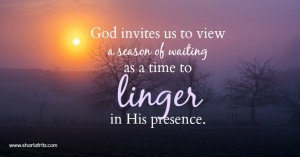
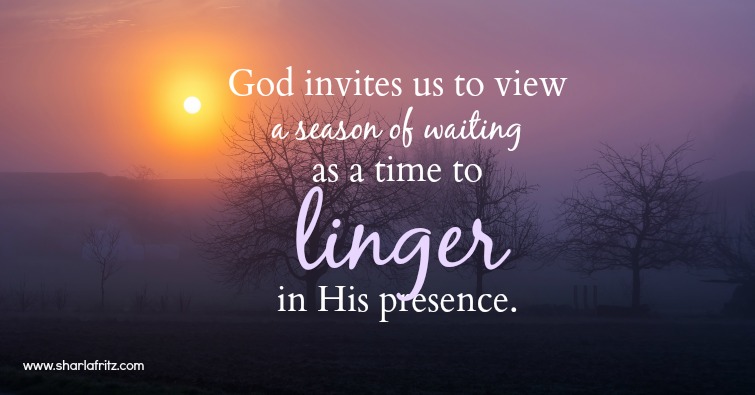








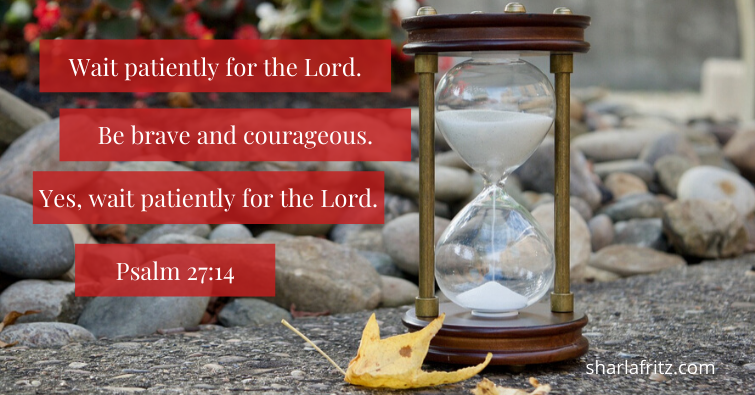



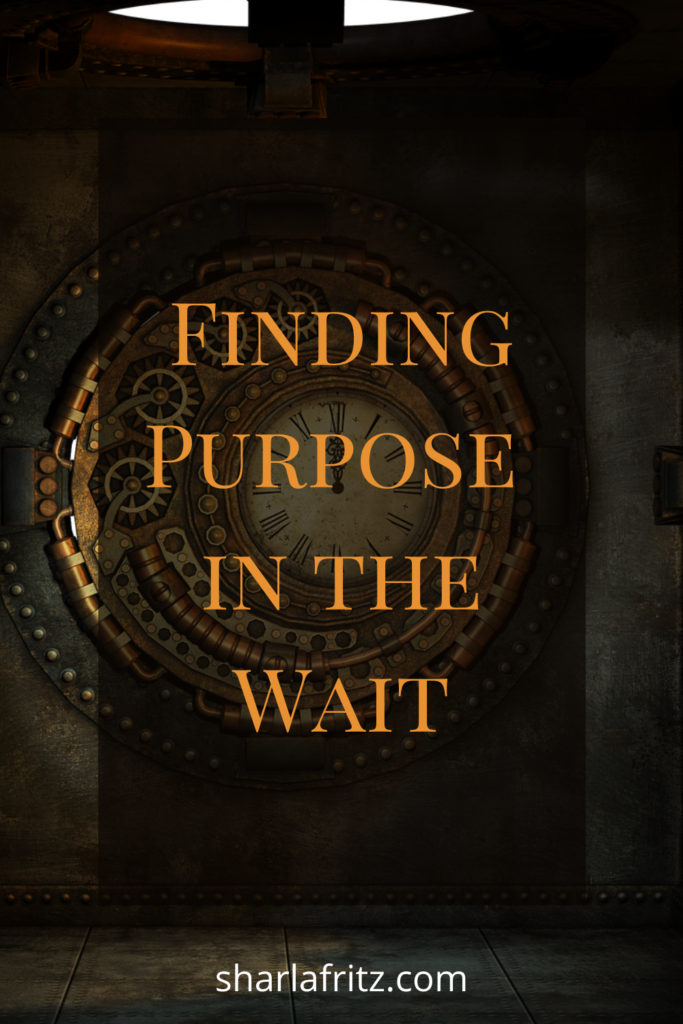
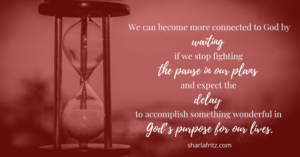
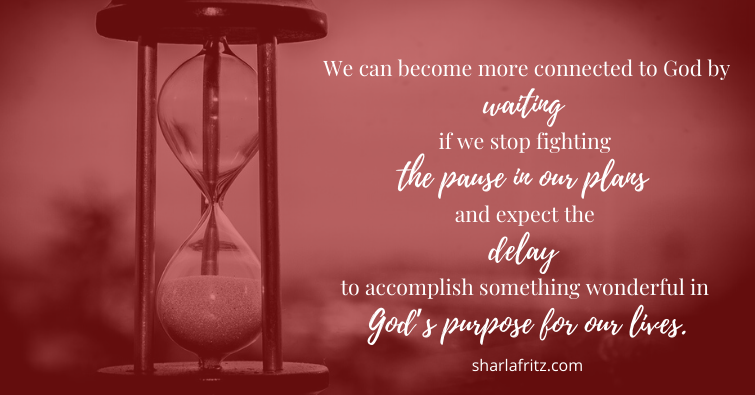




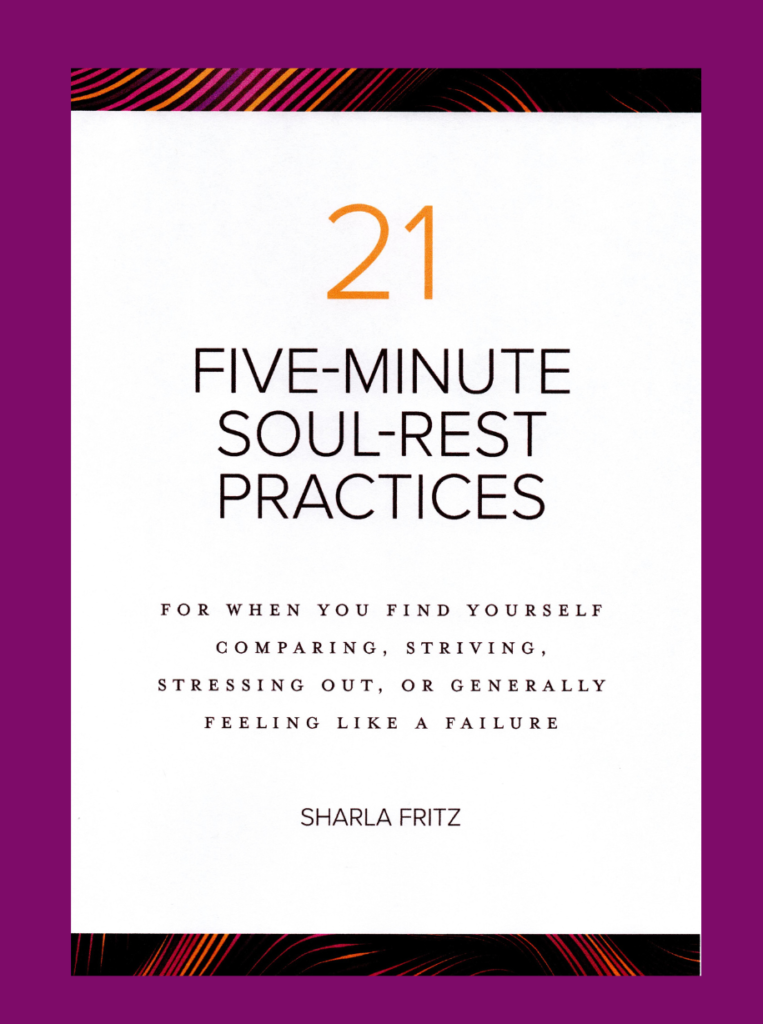
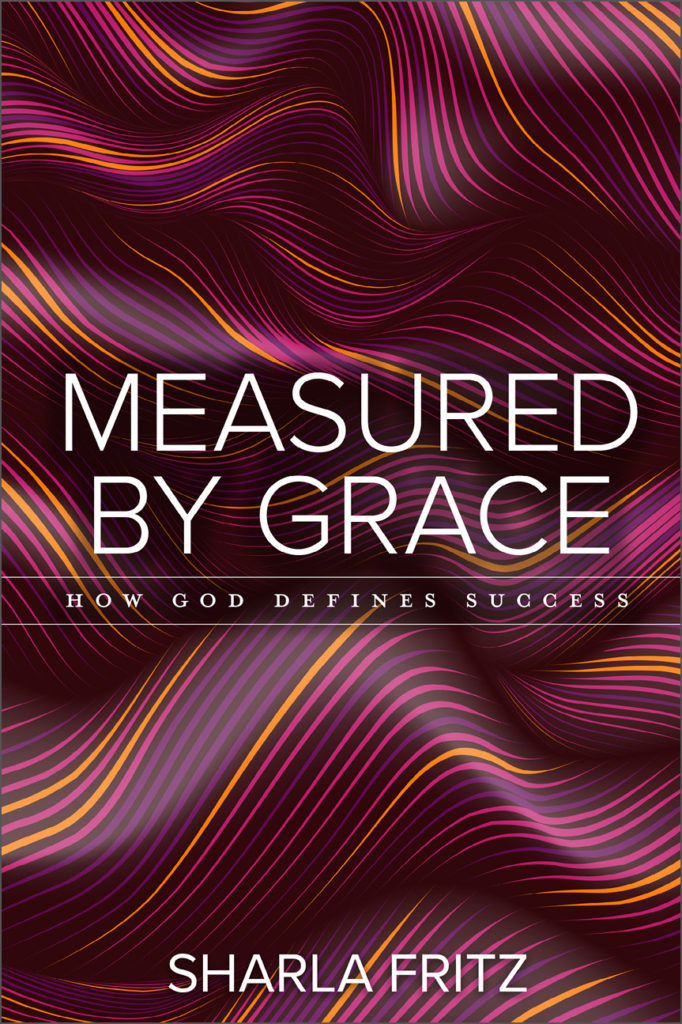

Follow Me!